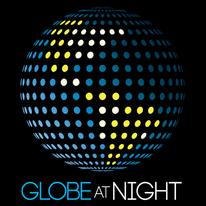 You are invited to participate in an international astronomy programme called GLOBE at Night. You can join volunteers from 115 countries around the world by measuring light pollution effects in your area. E-mail: [email protected] if you are interested in joining the UKSEDS team.
You are invited to participate in an international astronomy programme called GLOBE at Night. You can join volunteers from 115 countries around the world by measuring light pollution effects in your area. E-mail: [email protected] if you are interested in joining the UKSEDS team.
GLOBE at Night is free and easy for you, your friends and family to participate in. For complete information, check it out online at www.globeatnight.org.
The following gives you additional information about the programme.
Join the Worldwide GLOBE at Night 2014 Campaign!
What would it be like without the stars at night? What would we lose? Starry night skies have given us poetry, art, music and the wonder to explore. A bright night sky (a.k.a. light pollution) affects energy consumption, health, wildlife and will rob us of our right to ‘Star-light’.
Spend a few minutes to help scientists by measuring the brightness of the night sky in your own area. Join the GLOBE at Night citizen-science campaign.
Currently in its 2nd campaign year, UKSEDS has an ever growing team contributing to the GLOBE at Night effort. Our aim is to raise the public awareness of the impact of light pollution by inviting everyone to measure their night sky brightness.
GLOBE at Night is a worldwide, hands-on science and education program to encourage citizen-scientists worldwide to record the brightness of their night sky. During six select sets of dates in 2014, children and adults match the appearance of a constellation (Orion, Leo and more in the northern hemisphere; Orion, Crux and more in the southern hemisphere) with seven star charts of progressively fainter stars.
Participants then submit their choice of star chart online with their date, time and location. This can be done by computer (after the measurement) or by smart phone or iPad (during the measurement). From this data an interactive map of all worldwide observations is created.
Over the past 7 years of 10-day campaigns, people in 115 countries have contributed over 83,000 measurements, making GLOBE at Night the most successful, light pollution citizen-science campaign to date.
The GLOBE at Night website is easy to use, comprehensive, and holds an abundance of background information including guides, activities, one-page flyers and postcards advertising the campaign. Through GLOBE at Night, students, teachers, parents and community members are amassing data from which they can explore the nature of light pollution locally and across the globe.
There are 6 GLOBE at Night campaigns left in 2014:
- Orion: March 21-30
- Leo: April 20-29, May 19-28
- Hercules: June 17-26, July 16-25, August 15-24
- Cygnus: September 15-24
- Pegasus: October 14-23
- Perseus: November 12-21, December 11-20
Make a difference and join the UKSEDS GLOBE at Night team.
What more information? Why not listen to a fun skit on GLOBE at Night in a 7-minute audio podcast?
You can visit GLOBE at Night on the Web: www.globeatnight.org
Facebook: www.facebook.com/GLOBEatNight
Twitter: twitter.com/GLOBEatNight
Subscribe to the mailing list for updates: [email protected]
E-mail: [email protected] if you are interested in joining our team.


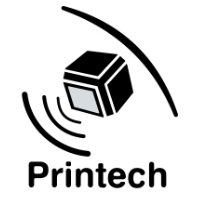
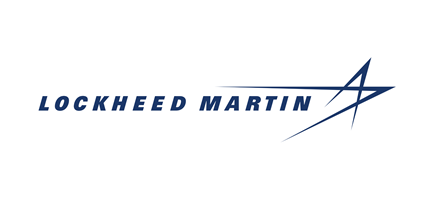
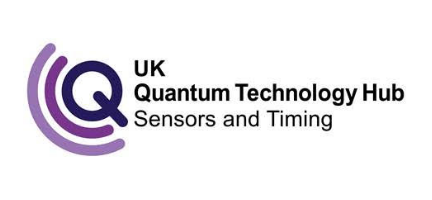
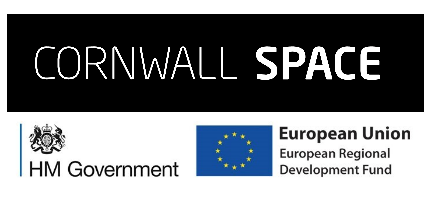
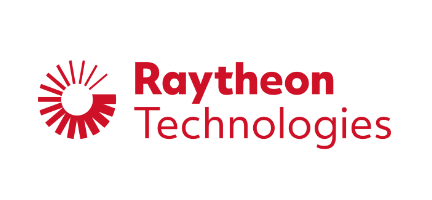


No comments yet.